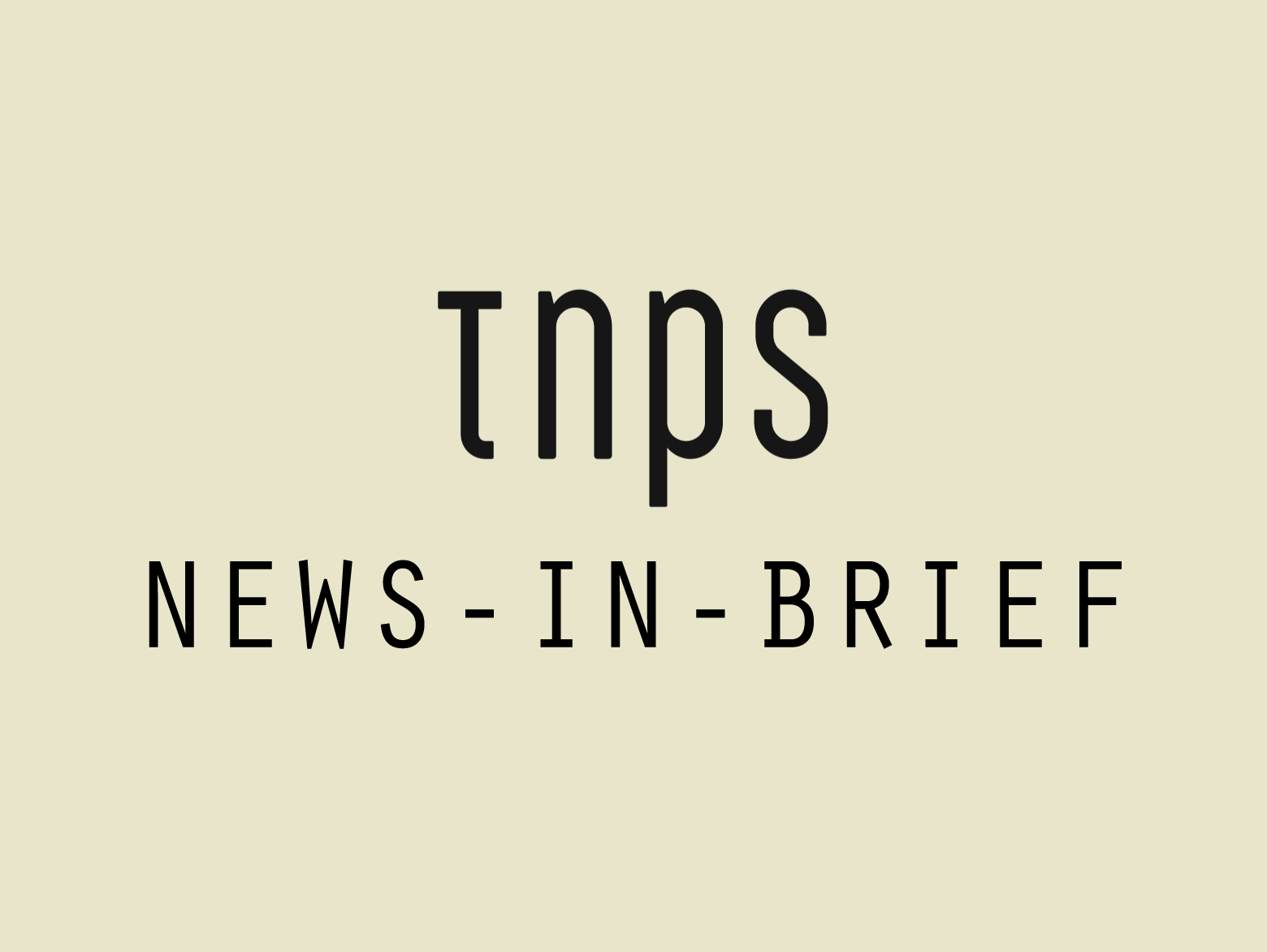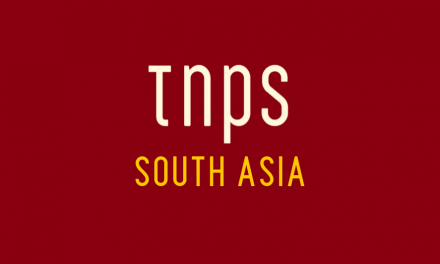Piracy, both print and digital, is a challenge publishers and authors face the world over when releasing our works into the public arena.
And in some parts of the world copyright law is less vigorously than in others.
This week comes news of a landmark ruling in the Philippines where a Pinoy court has ordered a Chinese copyright infringer and local partners to pay P24.7 million ($490,000) to a Filipino publisher, St. Marty’s Publishing Corp (SMPC), whose textbooks were illegally printed in China and then sold in the Philippines.
A 35 page judgement delivered Friday broke down the award as P18.06 million in actual damages, P1 million in moral damages, P2 million in exemplary damages, P500,000 in attorney’s fees and P3,135,000 in costs.
SMPC’s lawyer, intellectual property rights (IPR) expert Oscar M. Manahan, stressed that the landmark case provided a model for copyright owners who are pursuing suits against infringers.
This decision recognizes the Philippine government’s commitment to the Berne Convention to fully recognise, protect and enforce IPRs in the country. The Berne Convention on Copyrights where Philippines and China are signatories have committed to fully recognize and to enforce the Philippine decision under the reciprocity provisions in the treaty.
China has been a signatory to the 1951 Berne Convention for the Protection of Literary and Artistic Works since 1992.





